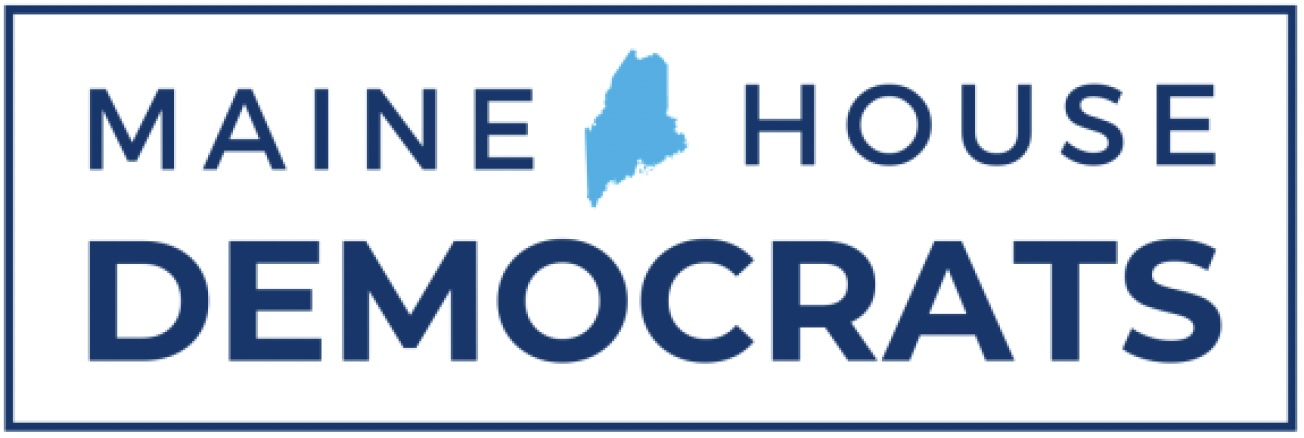By Rep. Holly B. Stover, D-Boothbay
Maine has long been a state that values community, safety and support for those in need. Yet recent federal cuts to domestic violence, sexual assault and human trafficking prevention programs threaten to undermine these values, leaving survivors without critical resources and putting lives in danger. The Legislature must step up and fill the funding void left by the federal government.
For years, Maine’s domestic violence and sexual assault resource centers have been on the front lines, providing shelter, counseling, legal advocacy and crisis intervention for survivors. These programs save lives. Over the past four decades, the movement to combat domestic violence and sexual assault in Maine has evolved, building strong networks of support, advocacy and prevention efforts. Funding cuts could represent a significant setback for victims and undo years of progress in ensuring safety and justice in our state.
One of the primary funding streams for these programs is the Victims of Crime Act, known as VOCA, which has seen drastic reductions at the federal level. This has resulted in steep cuts to Maine’s domestic violence and sexual assault response programs, forcing them to operate with fewer staff, reduced shelter capacity and limited outreach efforts. In a state where rural communities already struggle with access to services, these cuts exacerbate an already dire situation.
The most recent homicide data in Maine indicates that 43% of homicides in 2024 were domestic violence-related, which is consistent with long-term data that has shown nearly half of all homicides in our state are linked to domestic violence. It is because of this and the continual risk to domestic violence victims in Maine that we must support victim services in our state. If we hold true to the idea that our state is "the way life should be," we must continue striving to be a place where all people, including those experiencing interpersonal violence, can live safely.
The impact of these reductions is especially troubling for victims of human trafficking. Trafficking survivors require specialized care, including emergency housing, trauma-informed counseling and legal support. Without sustained funding, Maine’s ability to identify, protect and assist these individuals is severely compromised, leaving them vulnerable to further exploitation.
Beyond the human toll, these cuts will have economic consequences. Domestic and sexual violence cost billions of dollars in health care, law enforcement and lost productivity each year. Every dollar spent on prevention and intervention saves countless dollars down the line by reducing hospital visits, court cases and lost workdays. Investing in these programs is not just a moral imperative—it is a smart financial decision.
Despite these challenges, Maine does not have to accept this fate. State lawmakers must step up to fill the funding gap, ensuring that survivors continue to receive the lifesaving support they need. This should not be a partisan issue—it is about public safety, dignity and the fundamental right to live free from violence.
The tireless advocacy of the late Honorable Lois Galgay Reckitt and others has shaped Maine’s response to domestic violence and sexual assault, laying the foundation for essential victim services over the past four decades. To honor this legacy, the Maine Legislature must ensure sustained funding for these critical programs.
Now is the time for action. Maine’s leaders must prioritize this funding, and citizens must demand that their voices be heard. Survivors deserve more than words—they need real, tangible support. The cost of inaction is simply too high.
Rep. Holly B. Stover, D-Boothbay, is serving her fourth term in the Maine House. She is a member of the budget-writing Appropriations and Financial Affairs Committee.

